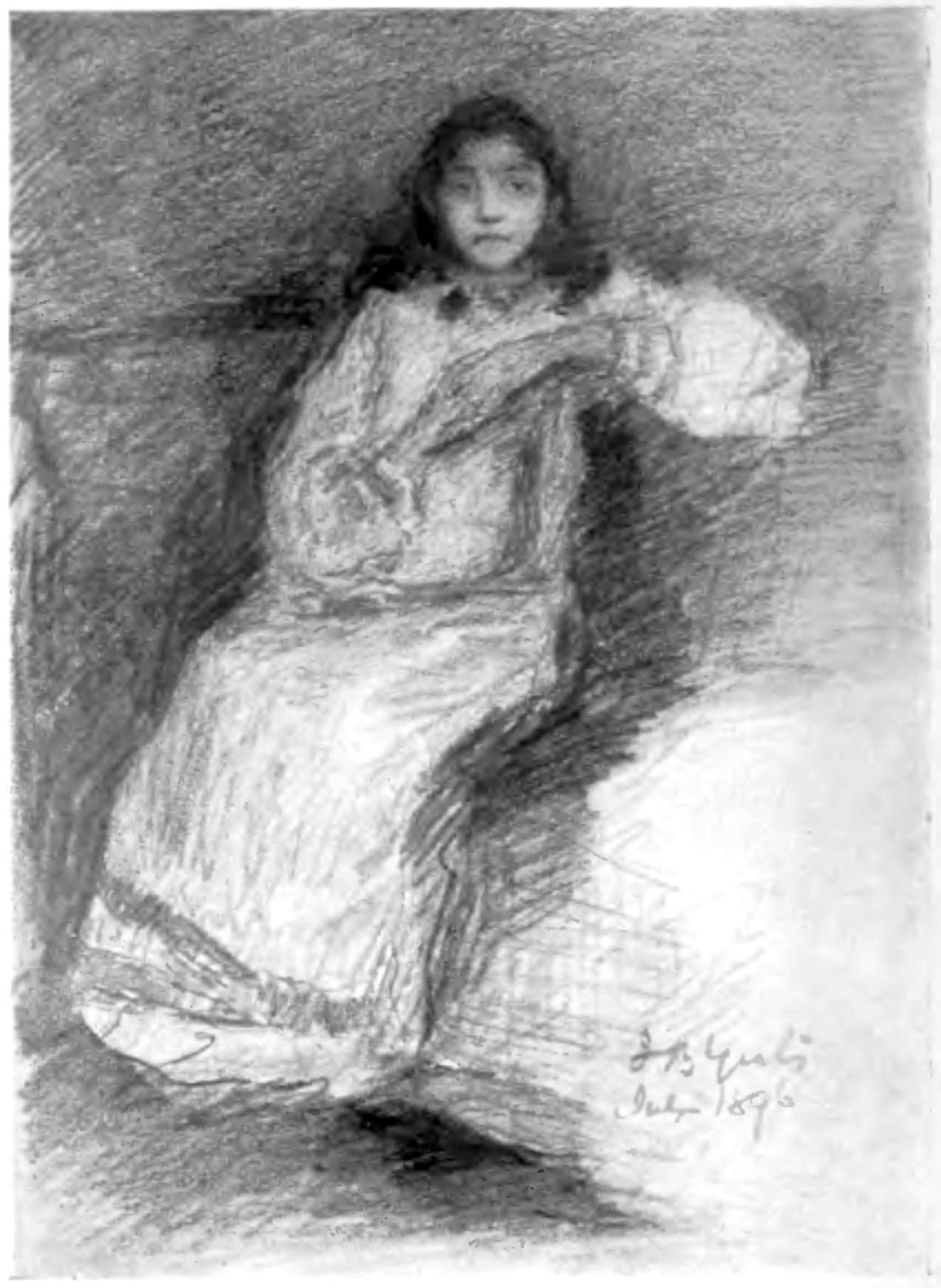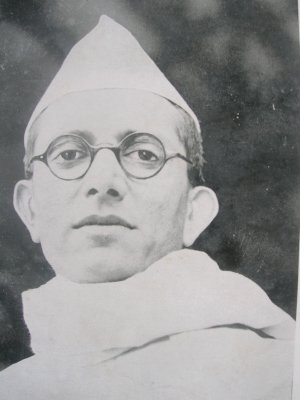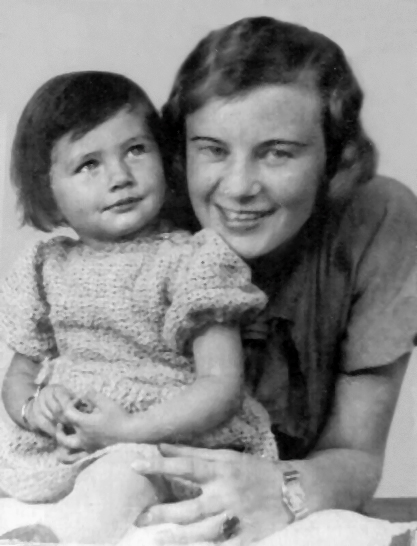|
Aligarh Muslim University Students' Union
The Aligarh Muslim University Students' Union (AMUSU) is the official Students' Union of the Aligarh Muslim University, Aligarh, India. The Aligarh Muslim University Students' Union is the university-wide representative body for students and is autonomous in nature. It works according to their own Constitution written by Amin A. Bulbuliya. It is primarily responsible for building and preserving a healthy political culture and an atmosphere of open debates on the campus. Students are kept informed about the public meetings, discussions and other issues through pamphlets and notices. History It was established as a Students' Debating Society named after the first principal Henry George Impey Siddons of Muhammadan Anglo-Oriental College, the parent body of Aligarh Muslim University, on the model of Cambridge Union Society. The club was started in 1884 at Strachey Hall, located at the college premises. Debates of various issues related to Muslims of India and the world used to be con ... [...More Info...] [...Related Items...] OR: [Wikipedia] [Google] [Baidu] |
Aligarh Muslim University
Aligarh Muslim University (abbreviated as AMU) is a Public University, public Central University (India), central university in Aligarh, Uttar Pradesh, India, which was originally established by Sir Syed Ahmad Khan as the Muhammadan Anglo-Oriental College in 1875. Muhammadan Anglo-Oriental College became Aligarh Muslim University in 1920, following the Aligarh Muslim University Act. It has three off-campus centres in AMU Malappuram Campus (Kerala), AMU Murshidabad centre (West Bengal), and Kishanganj Centre (Bihar). The university offers more than 300 courses in traditional and modern branches of education, and is an institute of national importance as declared under seventh schedule of the Constitution of India at its commencement. The university has been ranked 801–1000 in the ''QS World University Rankings'' of 2021, and 10 among universities in India by the ''National Institutional Ranking Framework'' in 2021. Various clubs and societies function under the aegis of the un ... [...More Info...] [...Related Items...] OR: [Wikipedia] [Google] [Baidu] |
Reza Pahlavi (born 1960), son of Mohammad Reza Pahlavi
{{hndis, name=Pahlavi, Reza ...
Reza Pahlavi may refer to: * Reza Shah (1878–1944), Reza Shah Pahlavi, Shah of Iran from 1925 until 1941 * Mohammad Reza Pahlavi (1919–1980), Shah of Iran from 1941 to 1979, son of Reza Shah * Reza Pahlavi, Crown Prince of Iran Reza Pahlavi ( fa, رضا پهلوی; born 31 October 1960) is the oldest son of Mohammad Reza Pahlavi, the last Shah of Iran, and his wife Farah Diba. Prior to the Iranian Revolution in 1979, he was the crown prince and the last heir appare ... [...More Info...] [...Related Items...] OR: [Wikipedia] [Google] [Baidu] |
Ahmet Emin Yalman
Ahmet Emin Yalman (1888–19 December 1972) was a Turkish journalist, author and professor. He was a liberal and opposed the spread of the Nazi ideology in his home country. Early life and education Ahmet Emin Yalman was born into a Dönmeh family in 1888 in Thessaloniki, which at that time was part of the Ottoman Empire. His early education was diverse and he attended several schools in Thessaloniki, amongst them a primary school with Sabbatean influences, then the military middle school where his father Osman Tefviq Bey was the teacher of calligraphy and following some difficulties he ran into with his teachers, his father decided to enroll him into the German school in Selanik.Abdullah Saçmali. (2015). p.13 In 1903, as his father was employed in Ottoman Press directorate in Constantinople (present-day Istanbul), he attended the German school in Beyoğlu where he learned German and English. Following his graduation began to work as a translator for the newspaper ''Sabah'' as ... [...More Info...] [...Related Items...] OR: [Wikipedia] [Google] [Baidu] |
Refi Cevat Ulunay
Refi Cevat Ulunay ( Damascas, Syria: 1890-1968) was a Syrian- Turkish writer, and a controversial journalist and novelist during the Ottoman era. Early life and career Ulunay was born in Ottoman Damascus in 1890. He began writing for numerous Ottoman newspapers on topics such as literature, culture, philosophy and the arts. He strongly criticized the Union and Progress Party between the years 1914 and 1918, and his writings opposing the Turkish Independence War lead to his exile until 1938. Upon arriving in the Republic of Turkey Turkey ( tr, Türkiye ), officially the Republic of Türkiye ( tr, Türkiye Cumhuriyeti, links=no ), is a transcontinental country located mainly on the Anatolian Peninsula in Western Asia, with a small portion on the Balkan Peninsula in ..., Ulunay was a columnist for the Turkish newspaper "'' Milliyet''". He also wrote several books; the themes of love and sexuality are particularly dominant in "''Köle''" (1945) and "''Eski İstanbul Yosma ... [...More Info...] [...Related Items...] OR: [Wikipedia] [Google] [Baidu] |
Sarojini Naidu
Sarojini Naidu (''née'' Chattopadhyay; 13 February 1879 – 2 March 1949) was an Indian political activist, feminist and poet. A proponent of civil rights, women's emancipation, and anti-imperialistic ideas, she was an important person in India's struggle for independence from colonial rule. She was also the first Indian woman to be president of the Indian National Congress and to be appointed as governor of an Indian state ( United Provinces). Naidu's literary work as a poet earned her the sobriquet the “Nightingale of India”, or “Bharat Kokila” by Mahatma Gandhi because of colour, imagery and lyrical quality of her poetry. Born in a Bengali family in Hyderabad, Chattopadhyay was educated in Madras, London and Cambridge. Following her time in England, where she worked as a suffragist, she was drawn to Indian National Congress' movement for India's independence from British rule. She became a part of the Indian nationalist movement and became a follower of Mahatma Gan ... [...More Info...] [...Related Items...] OR: [Wikipedia] [Google] [Baidu] |
Alexander R
Alexander is a male given name. The most prominent bearer of the name is Alexander the Great, the king of the Ancient Greek kingdom of Macedonia who created one of the largest empires in ancient history. Variants listed here are Aleksandar, Aleksander and Aleksandr. Related names and diminutives include Iskandar, Alec, Alek, Alex, Alexandre, Aleks, Aleksa and Sander; feminine forms include Alexandra, Alexandria, and Sasha. Etymology The name ''Alexander'' originates from the (; 'defending men' or 'protector of men'). It is a compound of the verb (; 'to ward off, avert, defend') and the noun (, genitive: , ; meaning 'man'). It is an example of the widespread motif of Greek names expressing "battle-prowess", in this case the ability to withstand or push back an enemy battle line. The earliest attested form of the name, is the Mycenaean Greek feminine anthroponym , , (/Alexandra/), written in the Linear B syllabic script. Alaksandu, alternatively called ''Alakasandu' ... [...More Info...] [...Related Items...] OR: [Wikipedia] [Google] [Baidu] |
Abul Hasan Ali Hasani Nadwi
Abul Hasan Ali Hasani Nadwi (also known as Ali Miyan; 5 December 1913 – 31 December 1999) was a leading Islamic scholar, thinker, writer, preacher, reformer and a Muslim public intellectual of 20th century India and the author of numerous books on history, biography, contemporary Islam, and the Muslim community in India, one of the most prominent figure of Deoband School. His teachings covered the entire spectrum of the collective existence of the Muslim Indians as a living community in the national and international context. Due to his command over Arabic, in writings and speeches, he had a wide area of influence extending far beyond the Sub-continent, particularly in the Arab World. During 1950s and 1960s he stringently attacked Arab nationalism and pan-Arabism as a new jahiliyyah and promoted pan-Islamism. He began his academic career in 1934 as a teacher in Nadwatul Ulama, later in 1961; he became Chancellor of Nadwa and in 1985, he was appointed as Chairman of Oxford Ce ... [...More Info...] [...Related Items...] OR: [Wikipedia] [Google] [Baidu] |
Morarji Desai
Morarji Ranchhodji Desai (29 February 1896 – 10 April 1995) was an Indian independence activist and politician who served as the 4th Prime Minister of India between 1977 to 1979 leading the government formed by the Janata Party. During his long career in politics, he held many important posts in government such as Chief Minister of Bombay State, Home Minister, Finance Minister and 2nd Deputy Prime Minister of India. Following the death of Prime Minister Lal Bahadur Shastri, Desai was a strong contender for the position of Prime Minister, only to be defeated by Indira Gandhi in 1966. He was appointed as Deputy Prime Minister (as Minister of Finance) in Indira Gandhi's cabinet, until 1969. When Indian National Congress split in 1969 he became a part of the INC (O). After the controversial emergency was lifted in 1977, the political parties of the opposition fought together against the Congress (I), under the umbrella of the Janata Party, and won the 1977 election. Desa ... [...More Info...] [...Related Items...] OR: [Wikipedia] [Google] [Baidu] |
Soraya Esfandiary-Bakhtiary
Soraya Esfandiary-Bakhtiary ( fa, ثریا اسفندیاری بختیاری, Sorayâ Esfandiâri-Baxtiâri; 22 June 1932 – 26 October 2001) was Queen of the Imperial State of Iran as the second wife of Shah Mohammad Reza Pahlavi, whom she married in 1951. Their marriage suffered many pressures, particularly when it became clear that she was infertile. She rejected the Shah's suggestion that he might take a second wife in order to produce an heir, as he rejected her suggestion that he might abdicate in favor of his half-brother. In March 1958, their divorce was announced. After a brief career as an actress, and a liaison with Italian film director Franco Indovina, Soraya lived alone in Paris until her death. Early life and education Soraya was the elder child and only daughter of Khalil Esfandiary-Bakhtiary (1901–1983), a Bakhtiari nobleman and Iranian ambassador to West Germany in the 1950s, and his Russian-born German wife Eva Karl (1906–1994). She was born in the En ... [...More Info...] [...Related Items...] OR: [Wikipedia] [Google] [Baidu] |
Gamal Salem
Gamal Salem (1918–1968; arz, جمال سالم) was a prominent member of the Egyptian Free Officers who led the Egyptian Revolution of 1952 that toppled the monarchy of Egypt and Sudan. Prior to the Revolution, he served as an officer in Royal Egyptian Air Force. Biography Salem was born in 1918. He was a graduate of the military academy in 1938. In late 1951, Gamal Salem and Anwar Sadat joined the underground Free Officers movement established by Gamal Abdel Nasser, which later appointed the war hero Mohamed Naguib as its official leader. The purpose of the Free Officers was to depose King Farouk, replace the monarchy of Egypt and Sudan with a revolutionary, nationalist government, and end the British occupation of Egypt and Sudan. The movement achieved the first of these objectives via a coup d'état on 23 July 1952 that launched the Egyptian Revolution of 1952. There was disagreement on what was to be done with the deposed monarch. Although Nasser, Naguib, and most ... [...More Info...] [...Related Items...] OR: [Wikipedia] [Google] [Baidu] |
Gamal Abdel Nasser
Gamal Abdel Nasser Hussein, . (15 January 1918 – 28 September 1970) was an Egyptian politician who served as the second president of Egypt from 1954 until his death in 1970. Nasser led the Egyptian revolution of 1952 and introduced far-reaching land reforms the following year. Following a 1954 attempt on his life by a Muslim Brotherhood member, he cracked down on the organization, put President Mohamed Naguib under house arrest and assumed executive office. He was formally elected president in June 1956. Nasser's popularity in Egypt and the Arab world skyrocketed after his nationalization of the Suez Canal Company and his political victory in the subsequent Suez Crisis, known in Egypt as the ''Tripartite Aggression''. Calls for pan-Arab unity under his leadership increased, culminating with the formation of the United Arab Republic with Syria from 1958 to 1961. In 1962, Nasser began a series of major socialist measures and modernization reforms in Egypt. Despite ... [...More Info...] [...Related Items...] OR: [Wikipedia] [Google] [Baidu] |
Mohammed Zahir Shah
Mohammed Zahir Shah (Pashto/Dari: , 15 October 1914 – 23 July 2007) was the last king of Afghanistan, reigning from 8 November 1933 until he was deposed on 17 July 1973. Serving for 40 years, Zahir was the longest-serving ruler of Afghanistan since the foundation of the Durrani Empire in the 18th century. He expanded Afghanistan's diplomatic relations with many countries, including with both sides of the Cold War. In the 1950s, Zahir Shah began modernizing the country, culminating in the creation of a new constitution and a constitutional monarchy system. Demonstrating nonpartisanship, his long reign was marked by peace in the country that was lost afterwards. In 1973, while Zahir Shah was undergoing medical treatment in Italy, his regime was overthrown in a coup d'état by his cousin and former prime minister, Mohammed Daoud Khan, who established a single-party republic, ending more than 225 years of continuous monarchical government. He remained in exile near Rome until 2 ... [...More Info...] [...Related Items...] OR: [Wikipedia] [Google] [Baidu] |





